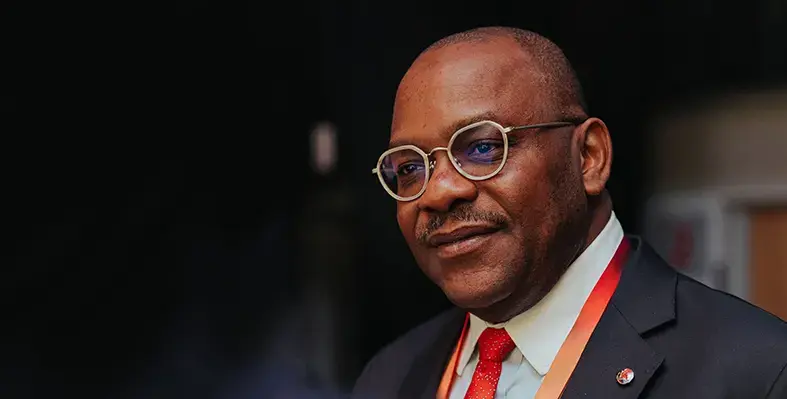Driven by its African identity, Nigerian independent Heirs Energies operates with an in-house development approach, partnering largely with indigenous contractors
Following its inspiring success story with OML 17, the company is ready to take on further challenging projects, now eyeing the Republic of Congo.
Heirs Energies CEO, Osa Ighiehon, reveals to Oil Review Africa what it takes to thrive as an African independent in today's energy industry and much more:
What according to you does Nigeria’s oil and gas industry need right now to attain its full potential?
Nigeria is at a critical moment. We possess the resources and the human capital to be a global energy leader, yet we are constrained by a few critical but addressable challenges. To unlock our full potential, we must act decisively on three fronts.
First, we must establish unwavering policy certainty. The lifeblood of our industry is investment, and capital flows to jurisdictions that offer predictability and stability. We need a clear, consistent, and transparent regulatory framework, one where fiscal term are stable and approvals are streamlined. Without this foundational trust, we risk ceding competitive advantage and watching investment capital migrate to more predictable markets. There has been a lot of progress on this front in the past few years with the Petroleum Industry Act (PIA) and Presidential Directives.
Secondly, we must secure our infrastructure and consolidate the gains we've made. The scourge of oil theft has been a direct drain on our national treasury. However, the solution that has been deployed needs to be sustained and the threat/vulnerabilities permanently mitigated. As demonstrated with OML 17, where we moved from a 3% terminal delivery to over 99%, it is possible to secure assets through a collaborative model that integrates community engagement, corporate strategy, and crucially, the strengthened security framework provided by the government. This proven model must now be scaled nationally to protect our vital revenue streams and restore investor confidence.
Lastly, and most critically, we must execute a strategic pivot to gas. While oil built our economy, gas is the undeniable key to our future. Sitting on the largest proven gas reserves in Africa, it is an economic paradox that we remain dependent on imported fuels. Gas is the catalyst that will power our industries, generate stable electricity, and drive sustainable economic diversification. At Heirs Energies, we have moved from rhetoric to action, increasing our gas production from 70 mn standard cu/ft to 125 mn standard cu/ft. This is not merely a business decision; it is a national imperative. By prioritising gas, we can finally unlock a new era of industrialisation and long-term prosperity for Nigeria.
While digitalisation is largely being considered the key to production optimisation, do you believe it’s the sole requisite to success?
Digital tools are important, but they are not a magic fix. Technology helps us work smarter, but it can't replace the need for strong leadership and skilled people.
We use technology at Heirs Energies for monitoring and efficiency. But our biggest breakthroughs have come from our teams. For example, our engineers developed a low-cost way to bring old gas wells back to life. That idea didn't come from a software programme; it came from deep understanding, out-of-the-box thinking and a solution mindset.
While digitalisation gives us better data, our success finally depends on our people - their expertise, ingenuity and commitment to safety. Its this human element that truly makes the most difference.
What is Heirs Energies’ future strategy with OML 17 and other oil and gas assets?
Our strategy is to build on the proof point that OML 17 represents. When we acquired it, many doubted whether a Nigerian independent could revive such a complex, underperforming asset. Today, we have doubled production, restored security, and brought new energy to the domestic gas market. That success gives us the confidence to look ahead with intent.
At OML 17, we are determined to keep pushing performance higher - optimising oil output, scaling gas production further, and embedding the community partnerships that have become a hallmark of our approach. But the bigger picture goes beyond one asset, we see opportunities across Nigeria and Africa to apply our Brownfield Excellence model - identifying underperforming fields, deploying innovation and discipline, and turning them into engines of growth.
What matters to us is creating long-term value for our investors, for the communities where we operate, and for the economies that depend on reliable energy. That means expanding carefully, investing responsibly, and ensuring that every molecule we produce helps to power Africa’s development. OML 17 was the beginning - but our ambition is to shape the model of how African companies can deliver world-class results and shared prosperity, consistently and at scale.
This is the second of a two-part interview








